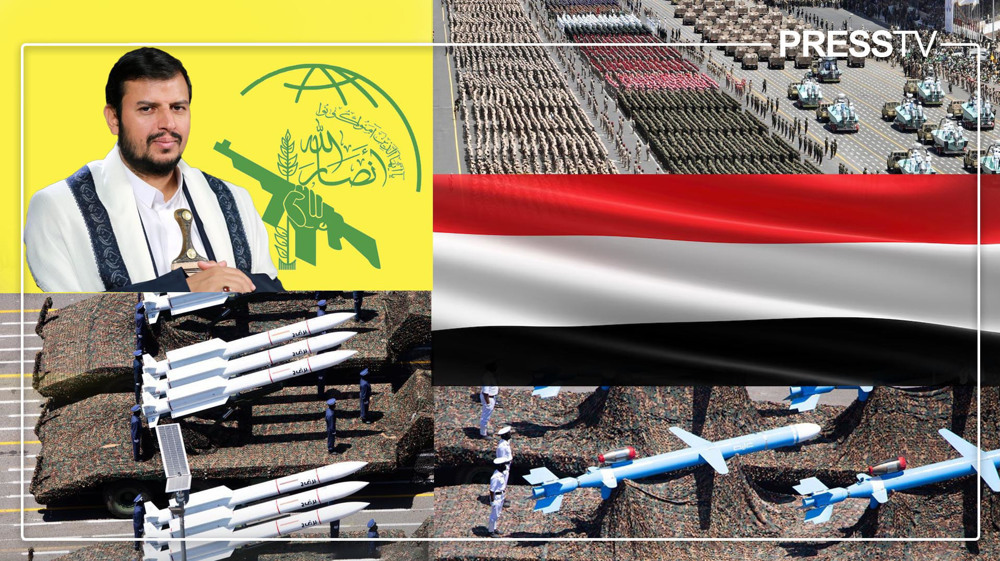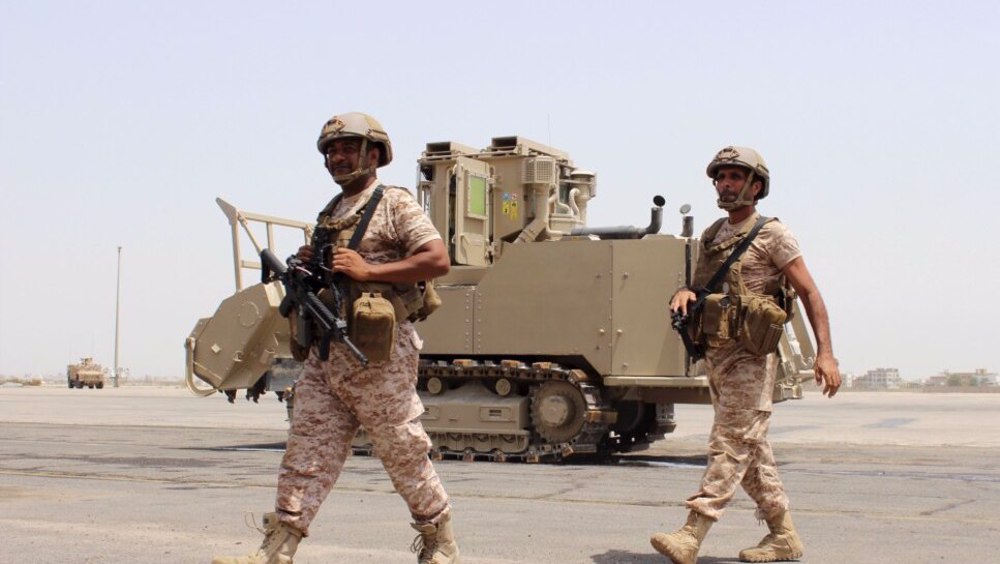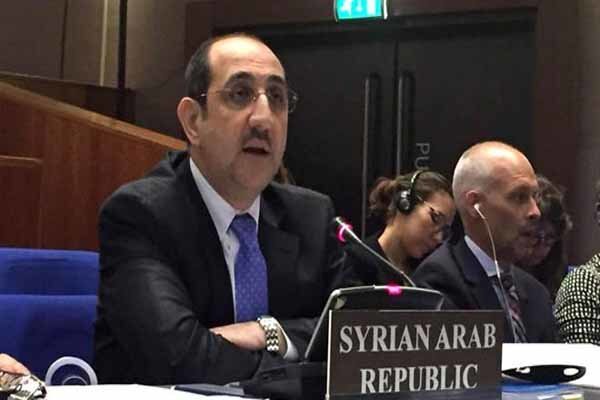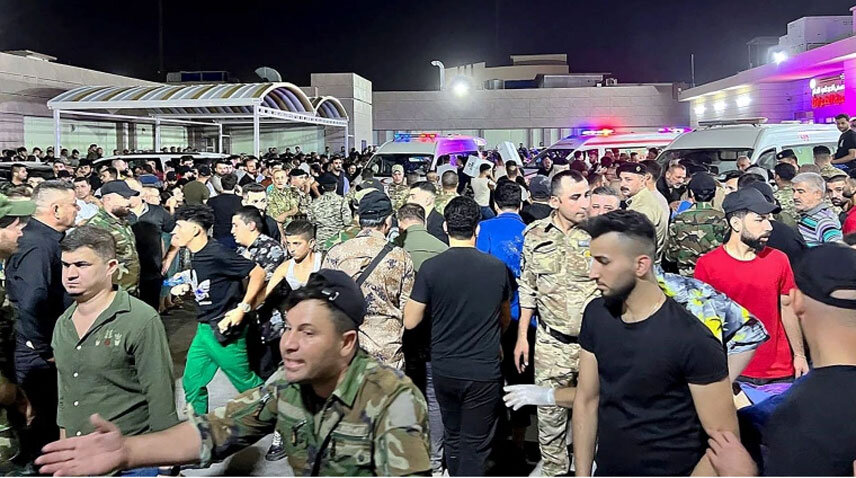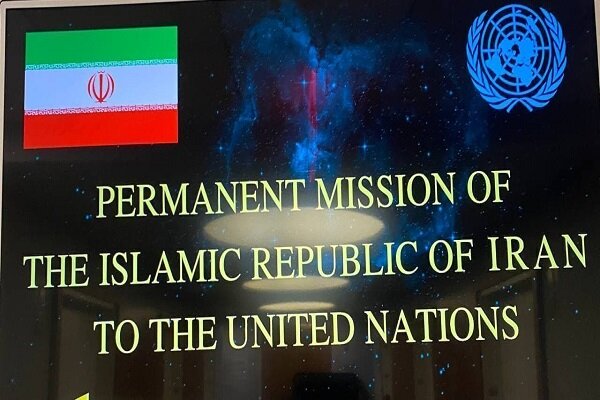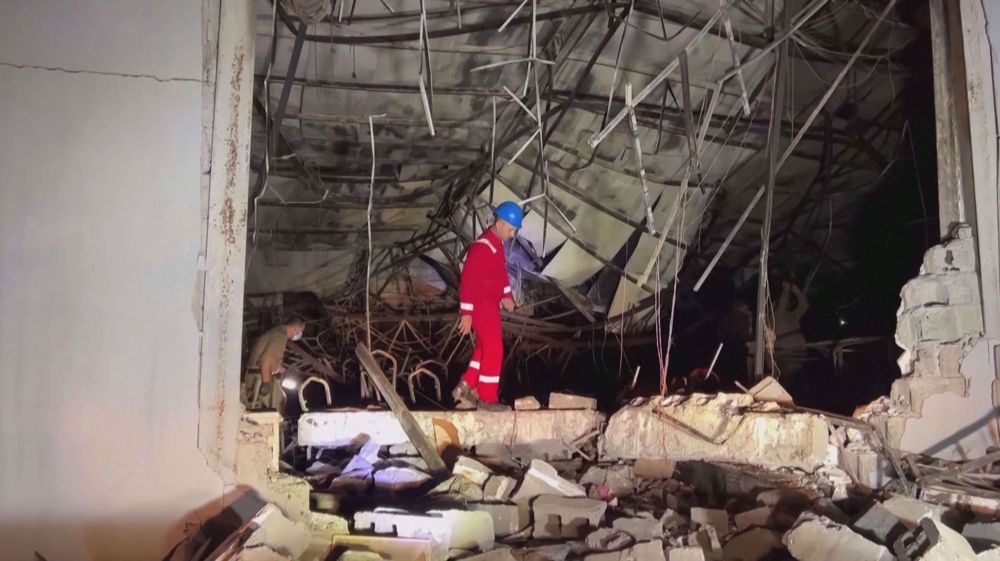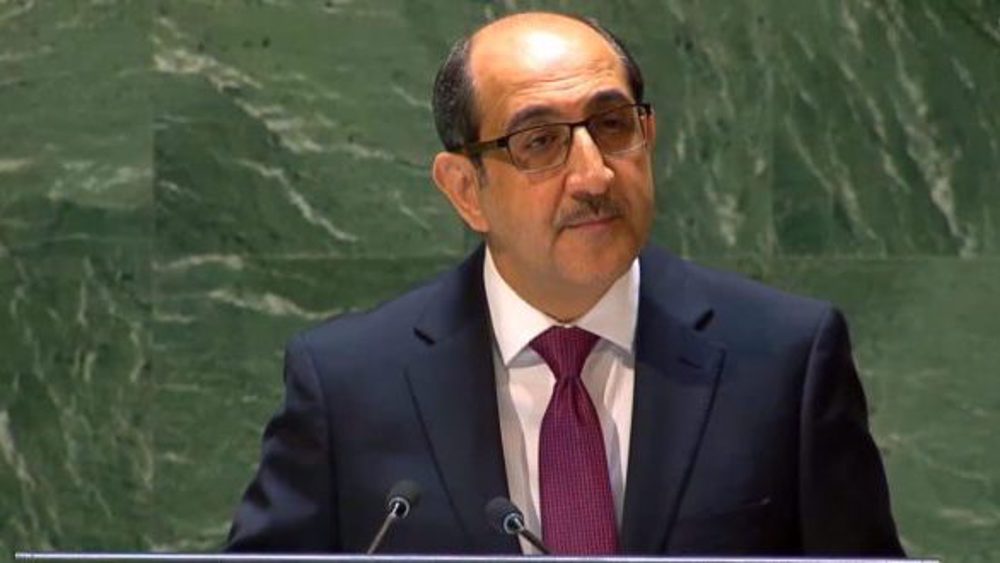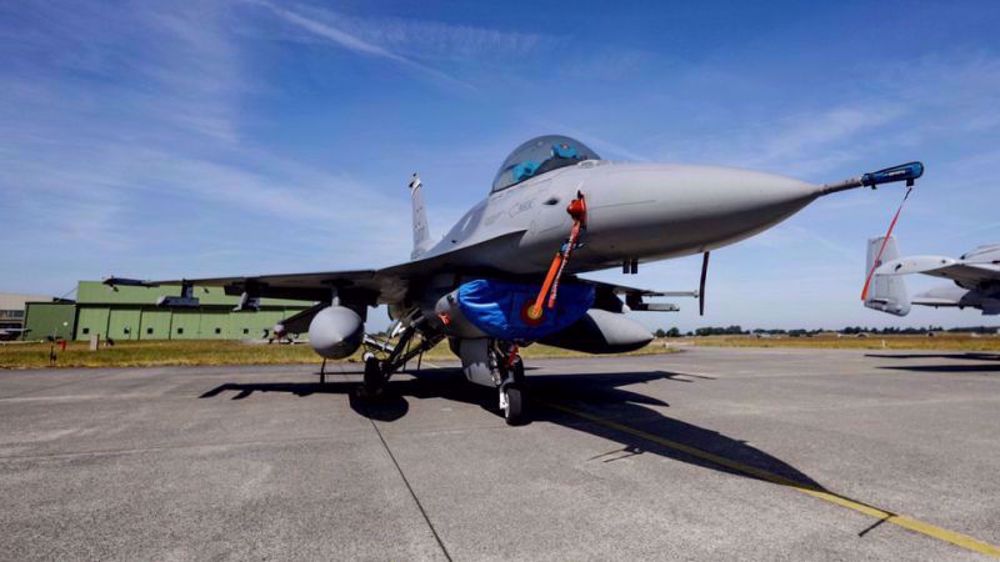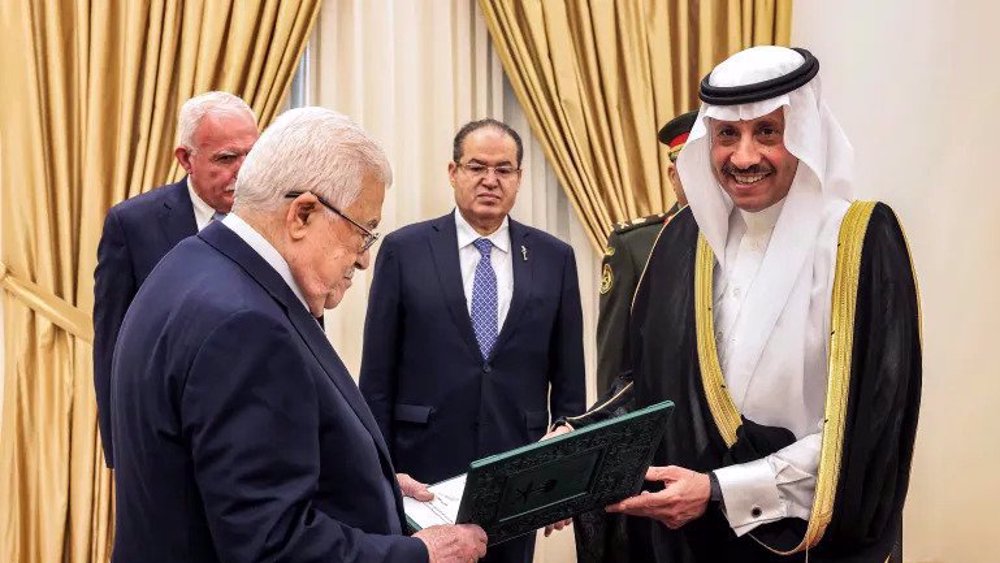By Ivan Kesic
The spectacular military parade by the Yemeni Army and the Ansarullah resistance movement on September 21 at Al-Sabeen Square in the capital city of Sana’a yet again bore testimony to their unwavering spirit of popular resistance and military and technological prowess.
The annual military parade, which was much bigger in size and substance this year, marked the ninth anniversary of the successful people’s revolution that took control of Sana’a in 2014.
The popular uprising was in response to rampant corruption and inefficacy of the Saudi-backed regime of Abdrabbuh Mansur Hadi, which defeated a few regime loyalists and took charge of the capital city.
The Saudi-led coalition, with unwavering support from the United States, subsequently launched a relentless bombing campaign in an attempt to suppress the Ansarallah resistance movement and reinstall the corrupt and unpopular Hadi regime whose leaders fled to Saudi Arabia.
Subsequently, the country was drawn into a protracted war that resulted in tens of thousands of deaths and the worst humanitarian crises in modern history as attested by the United Nations.
The Yemeni resistance did not succumb to the military and economic pressures but continued its spirited struggle aimed at ending the foreign presence and meddling in the Arab country.
Parade participants
This year’s parade was the largest in terms of the number of participants and the amount of weapons on display, which points to the phenomenal military progress of the Yemeni resistance.
The ceremony was attended by tens of thousands of soldiers from all branches of the Yemeni armed forces and the Ansarullah Movement, marching in groups of 450 soldiers.
While soldiers marched under the scorching sun for several hours, officers wearing Yemeni flags as sashes waved at traditional dancers from the podium.
War veterans also participated in the parade in wheelchairs and crutches, marching past huge portraits of Abdulmalik al-Houthi, the Ansarallah resistance movement’s leader.
The parade was monitored from the podium by al-Houthi, the head of Yemen’s Houthi Supreme Political Council, Mahdi al-Mashat, and numerous other army and resistance officials.
“We repeat our warnings to foreign forces that we will not accept their presence on our lands, they have to leave or they will face the volcanoes of Yemeni anger,” Defense Minister Mohammed al-Atifi told the massive parade.
Power on display
In last year’s military parade, a variety of strategic ballistic and cruise missiles, drones, surface-to-air missiles, and naval missiles were unveiled, including Hatem, Falaq, Haider, Al-Bahr al-Ahmar, Meraj and Quds 3.
This year, however, new models in the Yemeni arsenal were unveiled, such as naval missiles Rubij, Faleh, Mandab 1, Mandab 2, Asef, Sayyad and Sejjil. A New Quds Z-0 long-range cruise missile was also shown.
The high-precision Sejjil cruise missile runs on solid fuel, carries a warhead weighing 100 kg, and has a 180 km range, therefore is capable of hitting any targets in the Red Sea.
A locally built Nazir boat with maneuvering capabilities and equipped with medium weapons and air defense systems was also unveiled.
These boats are a naval addition to the existing fleet of speedboats like Asif-1, Asif-2, Asif-3 and Mallah, as well as unmanned surface vehicles Tufan, already shown last year.
Various types of domestic mines were also put on display, namely Thaqib, Karar, Mujahid 1, Mujahid 2, Awis, Masjur-1 and Masjur-2.
In the field of air defense, the Yemeni armed forces showcased the Barq-2 air defense missile, with a range of 70 km and an operating altitude of 20 km.
Another system was the Saker-2 air defense missile with a range of 150 km and an operating altitude of 10.7 km. It entered service recently, after undergoing several successful tests.
A number of combat and reconnaissance drone models were also showcased, including Rajum, Rased, Qasef K2, Shehab, Mersad-2, Khatif-2, Raqib, Waeed-1, Waeed-2, Sammad-1, Sammad-2, and Sammad-3.
Among them, the Waeed-2 loitering munition is particularly noteworthy as it has a 2,000 km range and a highly explosive and fragmented warhead.
Like last year, models of short and medium-range ballistic missiles, from 500 to 2000 km, were also shown. Among them are Aqil, Tufan and Tankil.
Another surprise of this year’s military parade was the flyover of fighter planes, for the first time since the beginning of the Saudi-led coalition’s war.
Message the parade sent
This military technological breakthrough was achieved amid crippling isolation, more precisely land and sea blockade, and full enemy air supremacy, which made imports impossible.
“Our people believe that peace will be achieved only by imposing a deterrent military equation that forces the enemy to submit to all legitimate and just demands,” the Ansarallah movement’s statement said.
“We will double our level of combat readiness in coming weeks and we are ready to fight battles in defense of the homeland and the people if the aggression does not adhere to the requirements of an honorable peace,” it added.
In the midst of the current peace negotiations with Saudi Arabia, Yemen sent a message with a military parade that it is a serious regional factor with determined resistance supporters, capable of retaliatory strikes, and therefore an equal negotiator.
Pertinently, the Ansarullah resistance movement and the Saudi government authorities held five days of Omani-mediated negotiations in the kingdom’s capital of Riyadh recently.
The resistance movement expressed optimism about ending the long-running war in the country and eliminating existing obstacles and complications concerning humanitarian issues.
Saudi Arabia and its allies, including the United Arab Emirates, launched the devastating war on Yemen in March 2015 to reinstall the Riyadh-allied government in the Arab country.
The former Yemeni government’s president, Abd Rabbuh Mansur Hadi, resigned from the presidency in late 2014 and fled to Riyadh amid a political conflict with the Ansarullah movement.
The war and economic imposed by the Saudi-led coalition has spawned the worst humanitarian crisis in the country, claiming tens of thousands of lives and rendering many more homeless.

